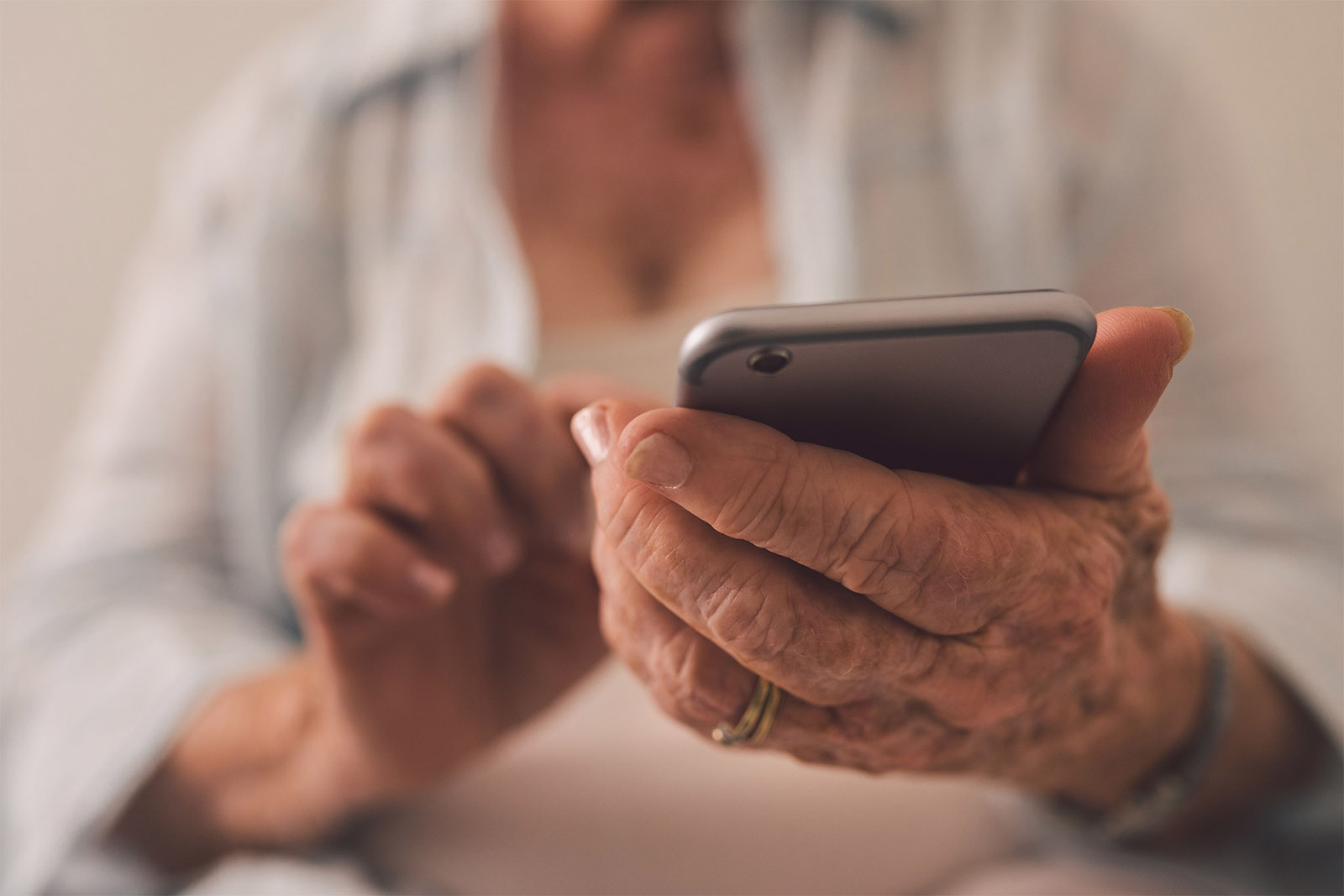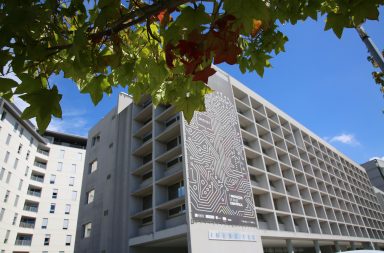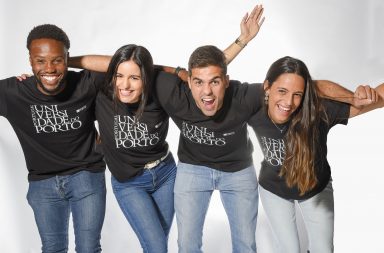What is a computer? What is the mouse for? What is the Internet? How to create an email? Do you think the questions are obvious? Perhaps for most. But not for the target audience of the ICTskills4All , a website – freely accessible – that has just be launched by the Competence Center for Active and Healthy Aging of the University of Porto (Porto4Ageing) with the aim to promote the digital skills and competences of the elderly and the most disadvantaged .
Integrated within the scope of the project with the same name, ICTskills4All was developed over two years , thanks to the direct involvement of more than 150 elderly people from five European countries (Portugal, Poland, Lithuania, United Kingdom and Belgium). All of this in a collaborative approach that included the promotion of face-to-face courses , as well as carrying out various usability tests that allowed the materials to be adapted to the users’ needs.
“We ran tests with several groups to ensure that our platform is easy to navigate. Things like clicking on a magnifying glass icon to do a search that, for more experienced users, seems obvious, but for those who are learning it is not ”, explains Liliana Rodrigues , project manager.
In addition to topics related to the handling of computers, and other digital media, the site also addresses issues such as online security. “To assess what are the real learning needs, we teach face-to-face courses in which we conclude, for example, that online security is one of the topics that raises the most doubts and fears and for which an empathic approach is needed”, notes the researcher.
The launch of the new website gains added relevance in the context of a pandemic that has further demonstrated the importance of digital skills in the elderly, when, for example, it allows regular online medical consultations and access to digital prescriptions. “We don’t want to train computer geniuses, we want to give them tools to communicate with the world and vice versa”, reinforces Liliana Rodrigues.
A tool against isolation
But the advantages of ICTskills4All do not end here. According to Kerolyn Ramos , one of the members of the project who gave the face-to-face classes, one of the main barriers to learning was the fear that students had of not being able. “Throughout the sessions that we did, one of our great functions was to encourage the students. Even at the end, when asked what they would change in the session, one of the most frequent responses was” my way of learning “. It is very important take this into account when producing materials for these groups, so that they are not a factor of frustration, but a facilitator ”.
The development of the website, which will continue to be updated and translated into four languages, also made it possible to see the importance of encouraging the elderly and disadvantaged to acquire and improve their digital skills: “With the groups we work with, we were able to demystify the smartphone and
show them your versatility. Now we have a group on whatsapp, where students speak almost every day. We also had the case of a student who was unemployed and, after being able to write her resume, got a job ”.
For Kerolyn, the results go even further: “in addition to helping to combat isolation and giving them tools, there is also an increase in self-esteem because they perceive themselves as capable of learning”.
ICTskills4all, whose results were released on February 18th, is an international project funded by the European Union’s Erasmus + program, coordinated by the Competence Center for Active and Healthy Aging at the University of Porto, with partners in Belgium, Latvia, Poland and UK





